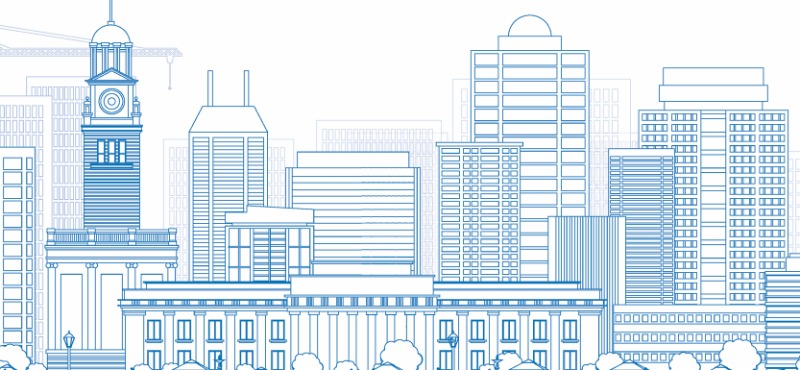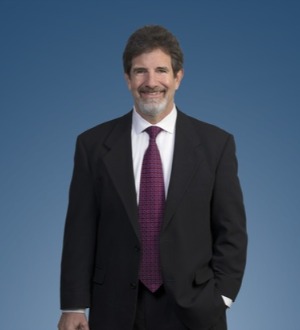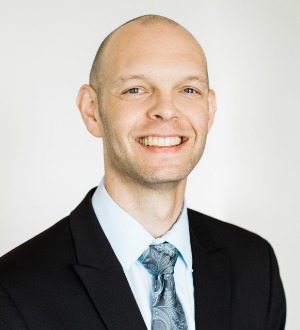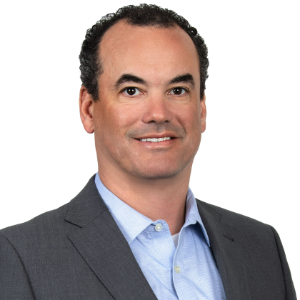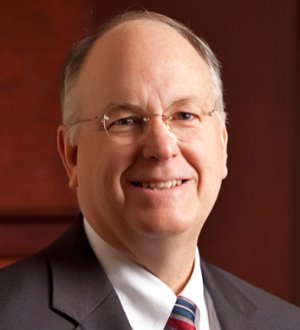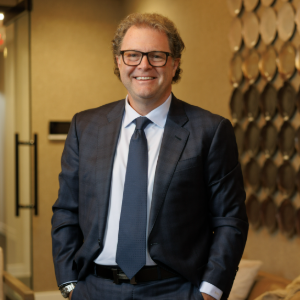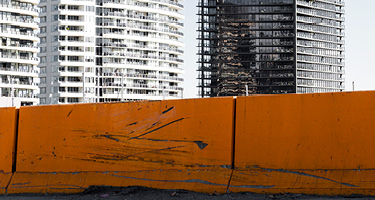As of September 6, 2016, the average house price has exceeded NZ$1 million, and debate continues as to the cause of the crisis. The identified culprits include immigration (in the year to June 2016, net migration was 69,000 people, of whom more than half have indicated an intention to live in Auckland—this equates to an estimated 650 additional people arriving in Auckland every week), a regulatory regime that means that getting council consent for a new development is both time-consuming and costly, and a lack of land supply. This latter category includes limitations imposed on intensification of use under the planning regime, but blame is also placed at the door of the council for failing to do enough with land in its ownership. The council (and its controlled organizations) is a significant landowner. Some of the land owned by council could be developed alone while other land could be used to create development opportunities when aggregated with adjoining land in private ownership.
Auckland is currently grappling with a housing crisis.
For surplus land held by the council (or the crown) that may be able to be used for residential development, the council has a number of choices to make. The first is whether or not to sell. Once the decision to sell has been made, the council has a responsibility to not only realize the best price possible for the land (to the benefit of ratepayers), but must also consider whether it can, through the sale transaction, achieve a positive outcome for the city in general.
The council has a vision: to make Auckland the world’s most liveable city. This year it has been assessed by Mercer to be the world’s third most liveable city and the eighth by The Economist. Auckland has been gifted an excellent head start by nature, too: the city is next to a beautiful harbor (although the council-owned port on the waterfront is unfortunate) and has a fantastic climate that is rarely unpleasantly hot or unpleasantly cold.
In considering what to do with surplus developable land, the council needs to consider whether the development of that land could assist with Auckland’s global ambition. In many cases the answer will be no, and the best outcome for the council and ratepayers of Auckland will be a simple sale of the land to the highest bidder where the council then accepts the inherent risks in allowing the private sector to determine if, when, and how to develop the land.
Other surplus land may provide an opportunity, if developed appropriately (either alone or together with adjoining privately owned land) to make a significant contribution to the Auckland city environment. In this case, the council must do a deal with the private sector, which will require a meeting of the minds between the council and the private sector. Experience indicates that this is easier said than done.
The council has a vision: to make Auckland the world’s most liveable city.
The council is developing a good track record on such transactions, but could still do better. Common themes that can be identified in the successful transactions are:
- That the council has an internal champion. This requires a council officer who will own the success of the project. The council side of the transaction will inevitably need the approval of many internal stakeholders. The internal champion will need to manage all of these internal stakeholders and translate their multiple demands into a commercial transaction that can be understood and agreed to by the private sector.
- That the council’s objectives for the development properly recognize the market for the development—the development risks and commercial risks.
- That the council properly understands the assets and value that it is contributing to the development and the opportunity cost of ongoing council intervention in the development outcomes.
- That the council recognizes it is entering into a mutually beneficial partnership with the private sector, not a relationship of master and servant.
The private sector is looking forward to continuing the journey with the council and, together, making Auckland the world’s most liveable city.
If you need experienced legal representation, use the Best Lawyers Find a Lawyer tool to connect with lawyers ready to guide you.
